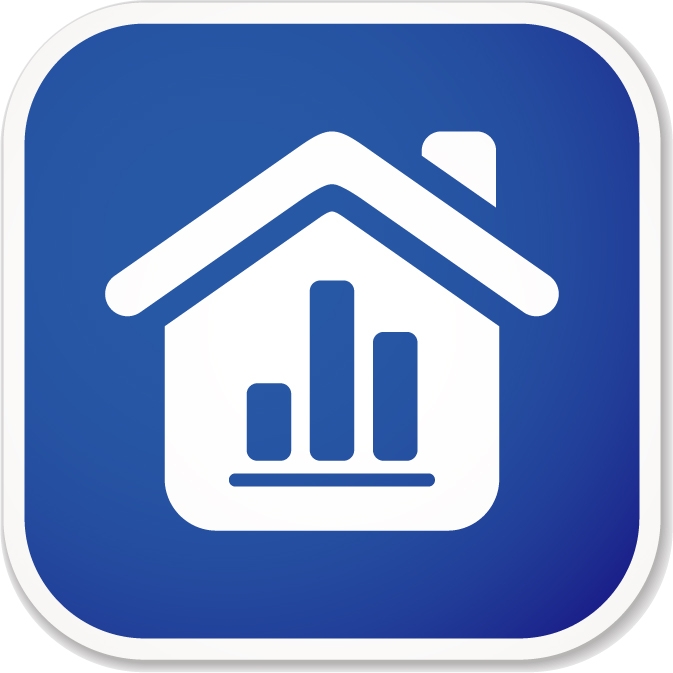Do I really need mortgage insurance?
A down payment serve as a form of security– so the larger your down payment, the better. If you have a greater amount of equity built up in your home, unforeseen circumstances may be more easily managed, and you’ll be less likely to default on your mortgage.
Lenders commonly group low mortgage rate shoppers that have a deposit between 5– 20 percent of the home purchase price into the “slightly higher risk” category. In order for the lender to protect against this increased risk, mortgage default insurance is required.
Best mortgage rate shoppers used to be able to secure 100 percent financing in Canada until October 2008 when the government stopped insuring zero down payment mortgages in an attempt to prevent a U.S. style housing crisis.
What is Mortgage Default Insurance?
Default Insurance, also referred to as mortgage loan insurance, offers protection to the mortgage lender. The lender generally requests this form of insurance for mortgage loans with a down payment of less than 20 %.
As of July 9, 2012, any Canadian mortgage rate requiring default insurance is capped at an amortization period of 25 years. This means 30-year mortgages are only a possibility for those placing more than 20 percent down known as a conventional mortgage.
In the event that you default on your mortgage, the lender will go through the process of collecting the outstanding amount on the loan. If the outstanding loan is still not completely paid off after selling the home, then the insurer will likely provide the difference back to the lender.
Where do I get Mortgage Default Insurance?
This type of insurance is supplied by the government organization Canadian Mortgage and Housing Corporation (CMHC), along with private insurers.
What Will it Cost Me?
When the lender insures the loan, they transfer the insurance premium to the homeowner. The premium is a percentage of the mortgage value based on your Loan-to-Value ratio (LTV). This premium may be paid in a single lump sum or it can be included in your monthly mortgage payments. To calculate your Loan-to-Value ratio, take the mortgage amount and divide it by the property value.
Advantages of Having Default Insurance
It is a win-win situation for both the lender and potential homeowner as the insurance protects the lender and the borrower. The lender is able to provide the same great mortgage products and rates to borrowers that are at a slightly higher risk of default.
Disadvantages of Having Default Insurance
Default Insurance helps make it possible for a homeowner to buy a property with a lower down payment– this indicates they have little value in their home and they will end up paying even more interest on the home loan. If the homeowner would like protection they will need to purchase additional mortgage insurance.


